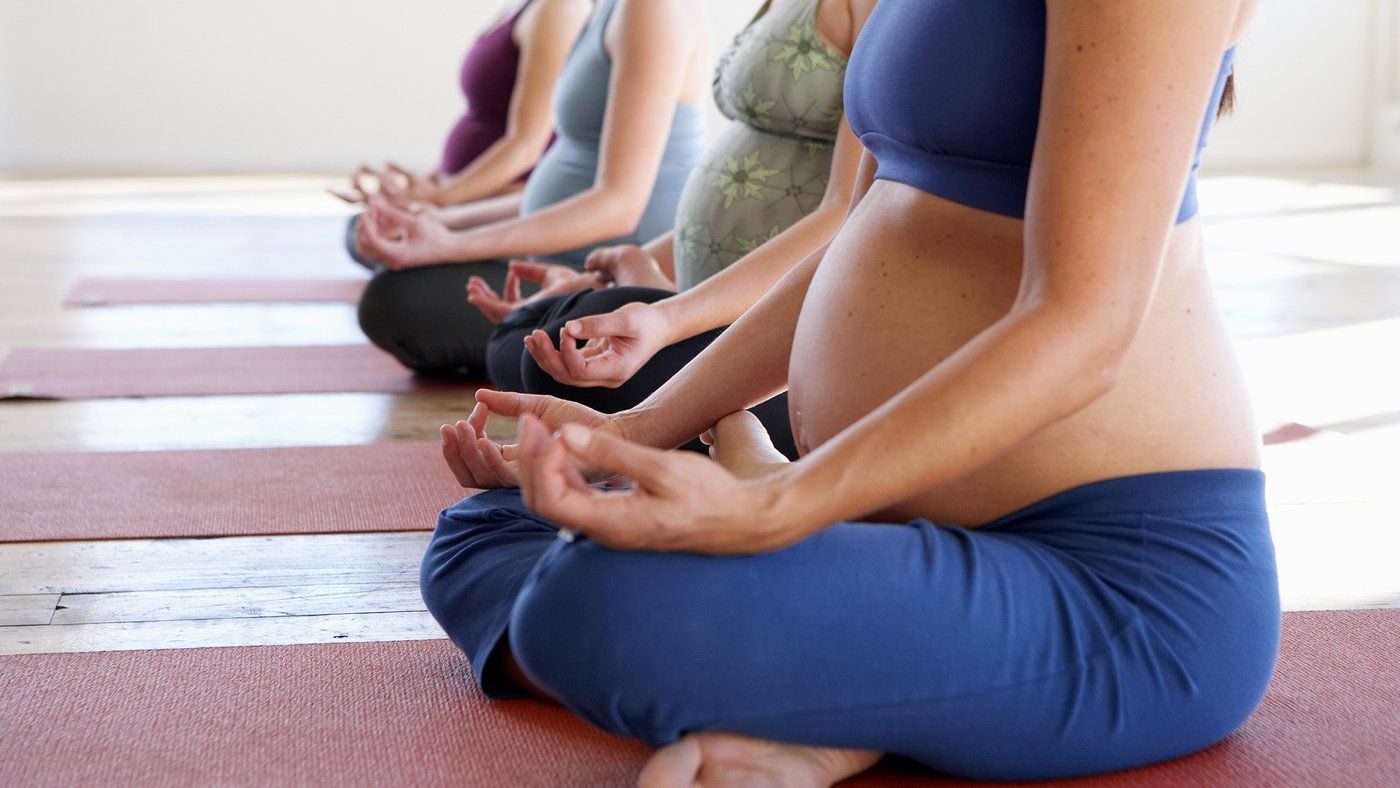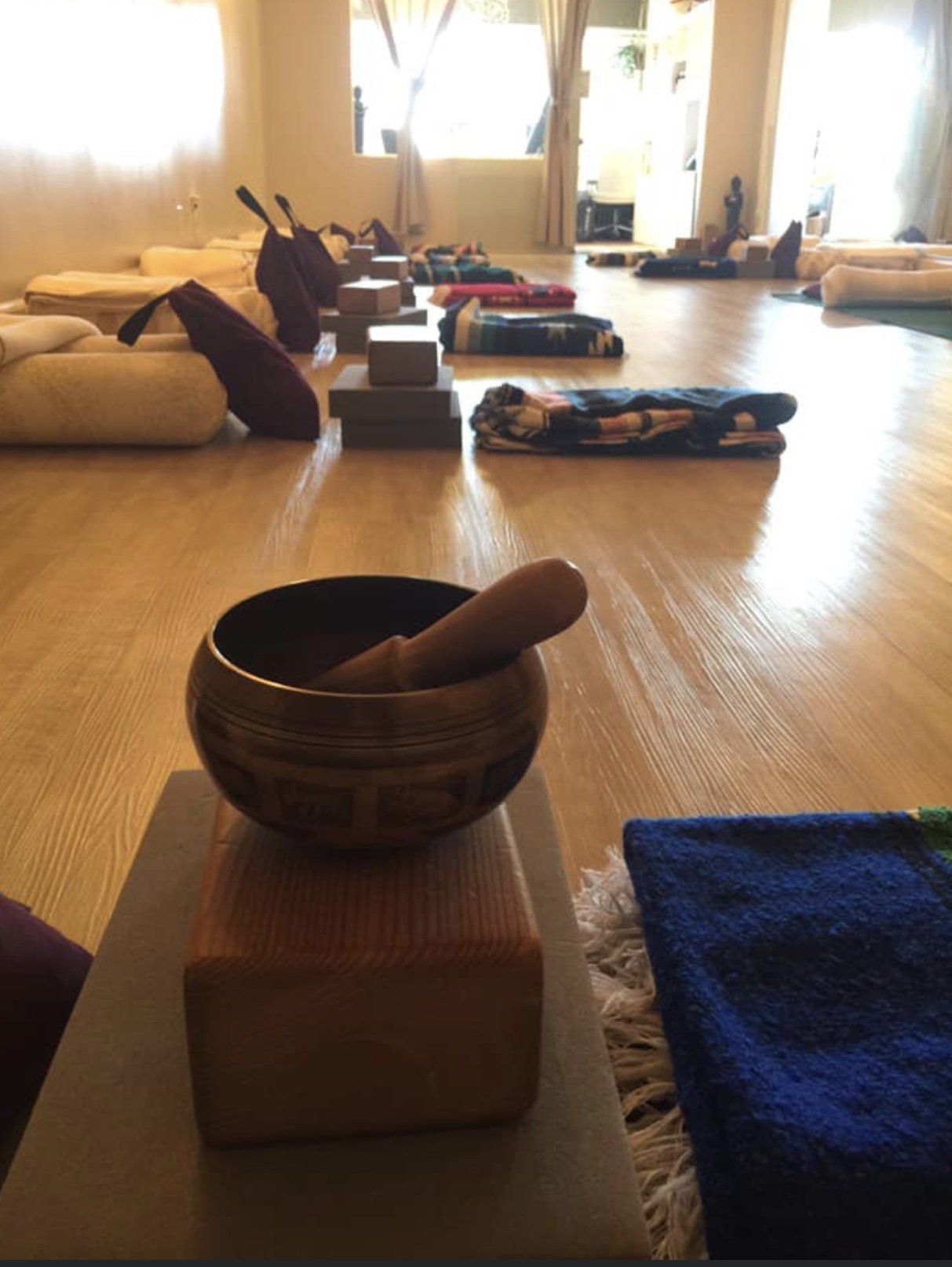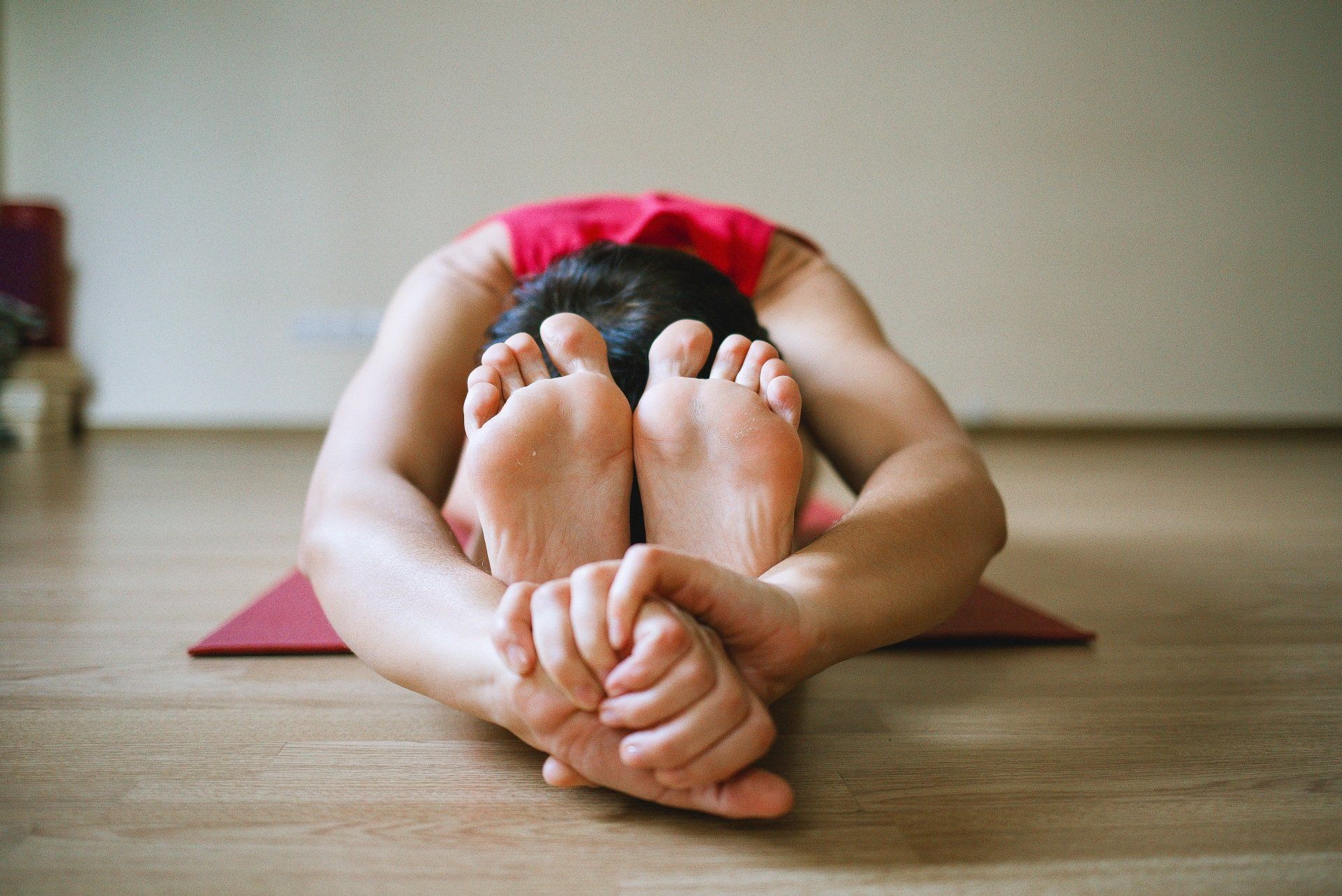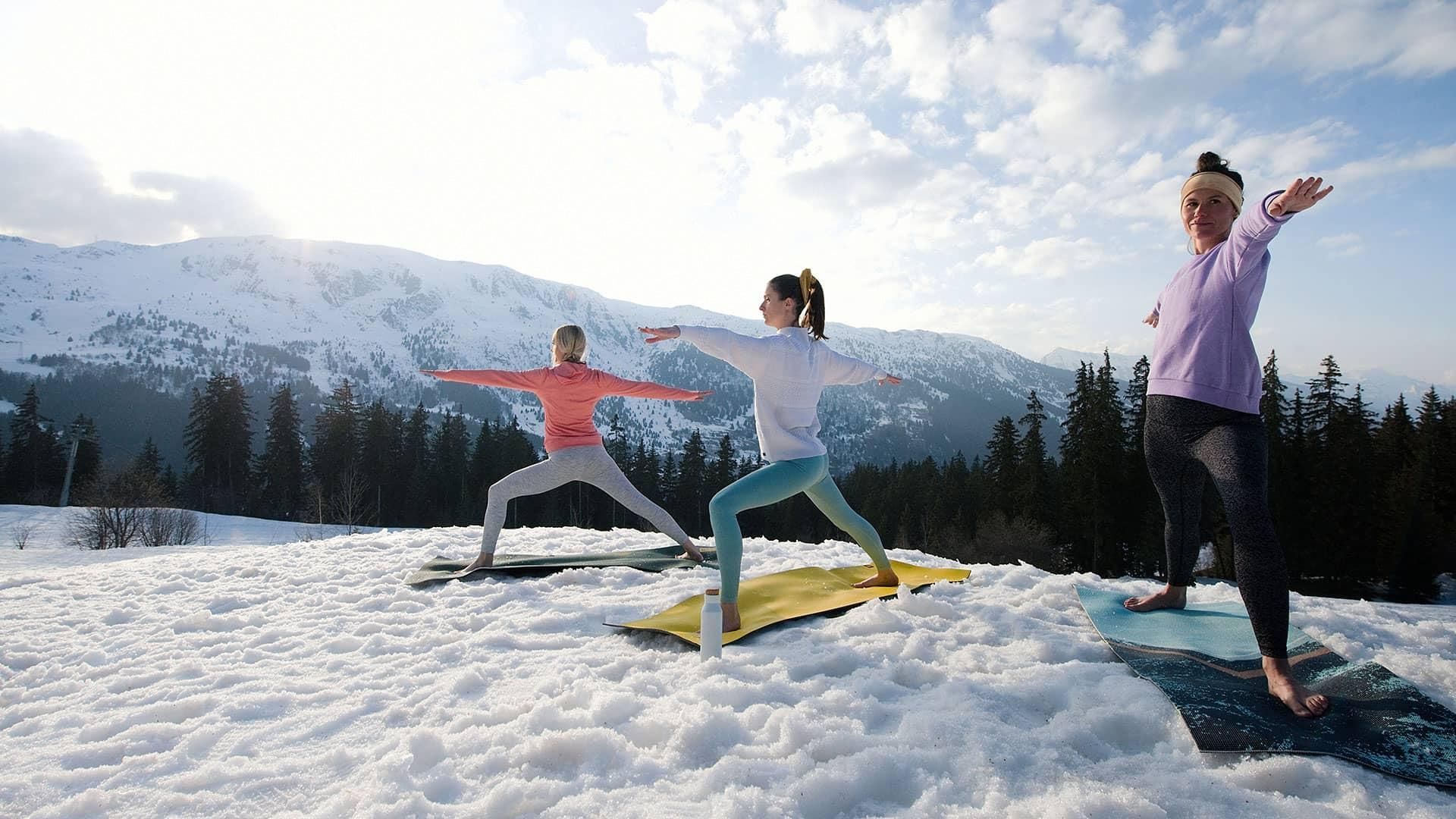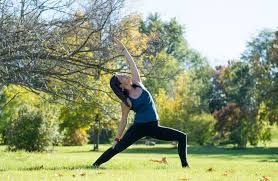Breath Therapy?…Doesn’t Therapy Cost Money?
Yoga Studio Calgary • July 31, 2018
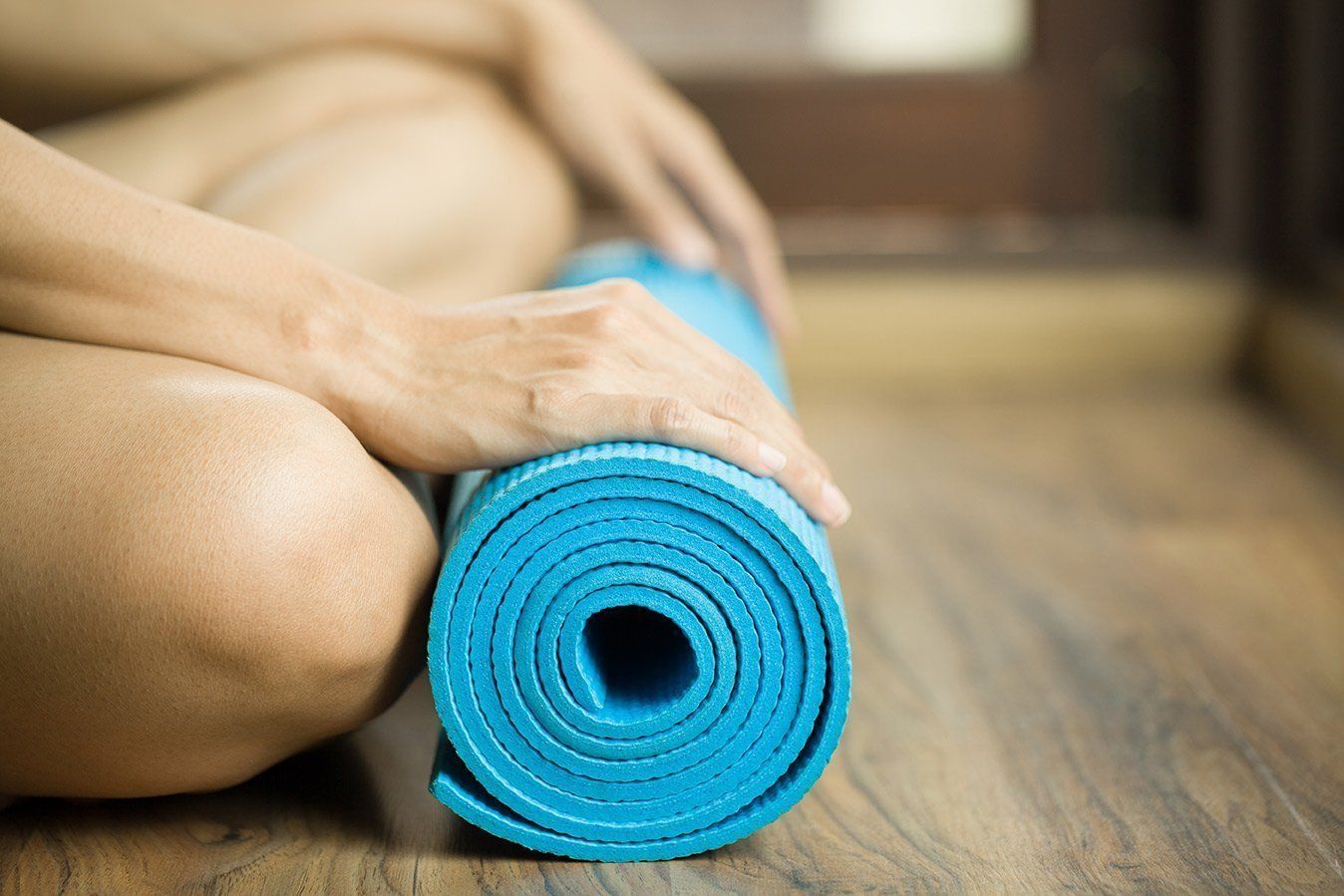
Stop thinking. Stop talking. Stop worrying…..start consciously breathing, and then see how fast your life changes. Our breath is the single most accessible and powerful source for stress and anxiety reduction, yet is so often gets ignored. Breath (prana) is our link between the body and mind. Through simple breathing techniques we can develop a relationship and find balance between these two systems facilitating health and well-being
4 Benefits of Breath Work:
- Improves stamina, concentration and mental disposition
- Enhances Immune and Circulatory systems
- Lowers blood pressure
- Balances the Nervous and Endocrine systems helping with anxiety, stress, insomnia, diabetes, heart
disease, respiratory illness and Chronic Fatigue Syndrome
4 Types of Breath Work (give them a try!):
- Box Breathing
- Close your eyes and picture a square box in front of you, focus on the 4 sides of the box.
Inhale to the count of 4 while you trace one side of the box, hold for a count of 4 while you trace the next
side. Exhale to the count of 4 while you trace the third side. Hold for a count of 4 while you trace the final
side. Repeat as needed. This is a very grounding, anxiety reducing way to breathe, shutting down the
surges of cortisol and adrenaline.
- Circle (Wave) Breath
- Breathe in deeply, filling your lungs and as you reach the very tippy top of your
breath, begin to exhale slowly. Once you have reached the very bottom of your breath, begin to inhale
slowly. Connecting the inhale and the exhale so there is no pause, no break in the cycle or breath. This is
an extremely relaxing and calming way to breathe. Sending you into a zone of ahhhhh.
- Elevator Breath
- Place your hands on your belly and breathe into your belly to the count of 3, pause.
Holding that breath there, now breathe into your chest to the count of 3, pause. Holding your breath there,
then breathe into your throat to the count of 3, pause. Exhale in the reversed direction yet in the same
manner. Starting at your throat and working down into your belly. This is a very centering breath.
- Ujjayi Breath
- Take a deep inhale through your nose. Create a slight restriction at the back of your throat
as if you were intentionally fogging up a bathroom mirror. Exhale through your mouth as you hold that
restriction. This breath work will make noise. This is a very focused and energizing breath.
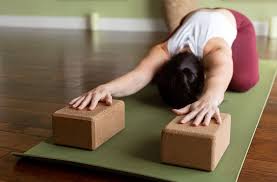
Inhale: 1-2-3-4-5. Exhale: 1-2-3-4-5. If you’ve been doing breathing exercises to feel calmer, happier, and more focused, you know how soothing yoga is.
Despite being an ancient practice, yoga has become increasingly popular, and for good reason. It is suitable for people of all ages and effective for treating chronic conditions.
Interestingly, scientists have discovered that this practice has several mental health benefits. Let’s explore the relationship between yoga and well-being, as well as the evidence-based benefits of yoga.

So, it’s THAT time of year again. The cards are out, flowers and chocolates in the shops, and the candlelit tables are all booked up weeks in advance. With good reason, many of us find it all rather superficial and insincere. Perhaps some of us might join the cynical chorus asking why we need a specific day to express our affection for someone else. We may even go as far as to accuse the the forces of capitalism of driving demand for “stuff”. But I’m not here to monologue on the meaningfulness of St. Valentine’s Day, and I’m certainly not here to criticise anyone for wanting to express themselves or to show affection for someone else (we all need to be doing this more, not less).
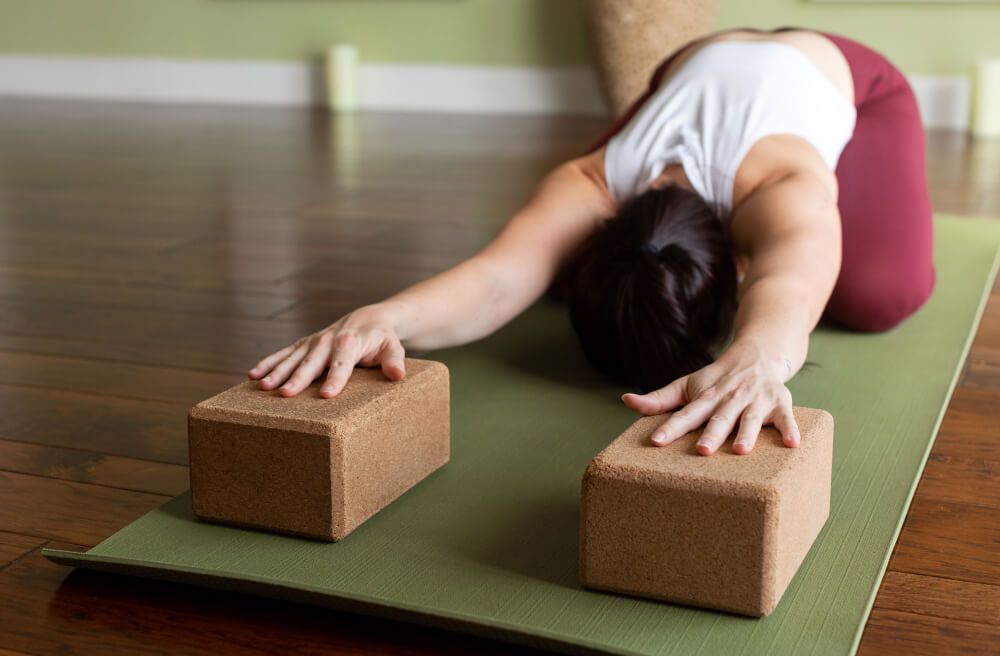
Can yoga reduce anxiety?Yes! Many studies have demonstrated the effectiveness of yoga in reducing stress, anxiety, and depression. In one study, women who participated in a three-month yoga program experienced significant improvements in perceived stress, anxiety, and depression. In another study, ten weeks of yoga helped reduce stress and anxiety for participants.

Happy New Year yogis! I’ve often found this time of year to be especially powerful in enhancing my yoga practice. Of course, yoga is always a powerful practice, but the gift of the new year brings deep reflection and introspection that can amplify processes of self-inquiry, expanding our spiritual awareness and commitment to yogic living.
